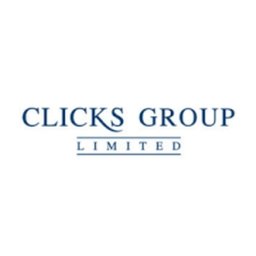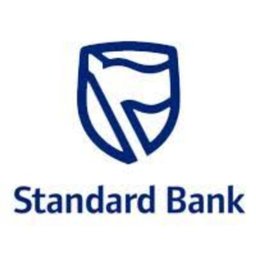Company Description
Standard Bank Group is a leading Africa-focused financial services group, and an innovative player on the global stage, that offers a variety of career-enhancing opportunities – plus the chance to work alongside some of the sector’s most talented, motivated professionals. Our clients range from individuals, to businesses of all sizes, high net worth families and large multinational corporates and institutions. We’re passionate about creating growth in Africa. Bringing true, meaningful value to our clients and the communities we serve and creating a real sense of purpose for you.
Job Description
To define and develop complex architecture roadmaps, practices, and processes that embed strategic applications across an entire Business Unit / Group scope. To link the business mission, vision, strategy, and processes for a dedicated Business Unit to its IT strategy, documenting this using multiple architectural models or views that demonstrate how the current and future needs of the Business Unit will be met in an integrated, efficient, sustainable, agile, and adaptable manner.
Qualifications
Type of Qualification: First Degree
Field of Study: Information Technology
Type of Qualification: Post Graduate Degree
Field of Study: Information Technology (Preferred)
Experience Required
Significant experience as an Architect ideally with time in an Enterprise capacity. Track record in IT disciplines including data management, integration and large scale solution architectures. Experience with the complete information system life cycle. Architecture/Solution design delivery in large domestic or global institutions. Ability to deal with all levels of the business and technology stakeholders across large organisations:
- Align the IT strategy with the business strategy and define the technology architecture to support that strategy. Link the business mission, vision, strategy, and processes to the IT strategy, documenting this using multiple architectural models or views that demonstrate how the current and future needs of the organisation will be met in an integrated, efficient, sustainable, agile, and adaptable manner.
- Develop complex business unit-wide architecture, roadmaps, and processes to embed strategic applications across all domains and solutions for the entire Business Unit.
- Set strategies, policies, standards, and practices to facilitate alignment and integration between business strategies, technology strategies, and enterprise transformation activities.
- Develop and maintain the architecture vision and strategy for an entire Business Unit / Group, ensuring it aligns with business goals and strategic objectives.
- Assess technical integrity by evaluating the solution's architecture to ensure it meets the required technical standards and best practices.
- Verify that the solution is robust, scalable, and maintainable.
- Evaluate coherence to ensure that the solution aligns with the overall enterprise architecture and integrates seamlessly with existing systems and processes.
- Check for consistency in design and implementation across different components of the solution.
- Lead and drive all risk assessment processes to identify potential risks associated with the solution, including technical, operational, and strategic risks. Assess the likelihood and impact of these risks and develop mitigation strategies.
- Lead security assessment by evaluating the solution's security measures to ensure they protect against threats and vulnerabilities.
- Ensure compliance with relevant security standards and regulations.
- Lead agility assessment through assessing the solution's ability to adapt to changing business requirements and technological advancements.
- Ensure that the solution is flexible and can accommodate future growth and changes.
- Lead capacity assessments to evaluate the solution's capacity to handle the expected workload and performance requirements.
- Ensure that the solutions can scale to meet future demands.
- Provide recommendations and findings for all enterprise architecture solutions. Document the assessment findings and provide actionable recommendations to address any identified issues or gaps.
- Define strategic initiatives and map out strategic execution plans that satisfy Business Unit objectives for desirable outcomes.
- Lead transformation consulting engagements to support the roadmap and business case development for Enterprise Architecture services and assist the Business Unit in architecting next generation platforms including capabilities.
Additional Information
Behavioural Competencies:
- Articulating Information
- Challenging Ideas
- Checking Things
- Convincing People
- Developing Strategies
- Directing People
- Embracing Change
- Managing Tasks
- Producing Output
- Providing Insights
- Resolving Conflict
- Upholding Standards
Technical Competencies:
- Benefits Management
- Business Analysis Environments and Perspectives
- Business Process Design
- Business Process Improvement
- Change Control and Management (IT)
- Emerging Technology Monitoring
- Financial Acumen
- Financial and Accounting Control
- Information Technology Architecture
- Managerial Budgeting
- Planning, Forecasting and Budgeting
- Policy Development
- Programme Management
- Project Definition
- Project Reporting
- Quality Management
- Root Cause Analysis
- Scenario Development
- Stakeholder Management
- Strategy Definition




